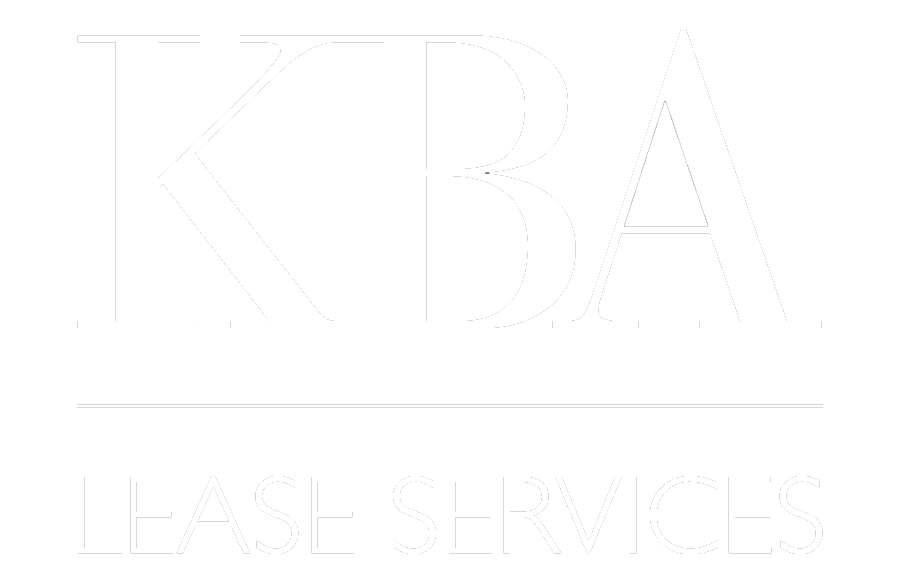During the first and second quarters of the year, many tenants receive their operating expense, tax, porters’ wage and other pass-through charges for their leases.
Unfortunately, although landlords are obligated to follow the leases when issuing these bills, it is the TENANT’S RESPONSIBILITY to identify errors and bring them to their landlords’ attention. To make matters worse, the leases often have limited windows (some as short as 10 days) to object to an overcharge.*
As a result, if the tenant fails to identify an error and unknowingly pays the bill without objection, the overpayment can become unrecoverable.
Tips to help limit exposure:
- Review each of your leases and identify the types of pass-through charges that are called for.
- Identify prior years’ bills to determine the expected time of receipt for this year’s bill.
- Identify the time periods that apply to the tenant’s right to object to an error in each lease.
- Identify the nature of the action that must be taken within the time period. For example:
- How does the right to conduct and timing of an audit coincide with the obligation to raise an objection?
- Does the tenant have the right to audit the landlord’s books to verify the components of the bill?
- Must the tenant specify the nature of the objection? If so, how detailed must it be?
- Develop a protocol for issuing blanket objections to preserve rights to reclaim overcharges.
- Develop a plan to apply the appropriate level of review (including audits) for each bill within the time periods set forth in each lease.
Remember, most commercial tenants unnecessarily miss their annual deadlines and forfeit their right to recover rent overpayments.
